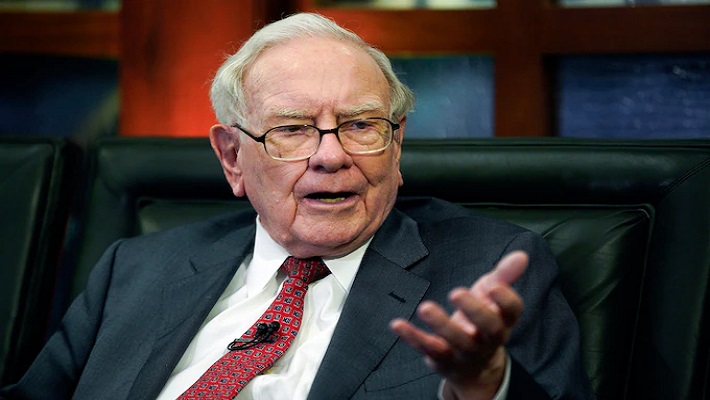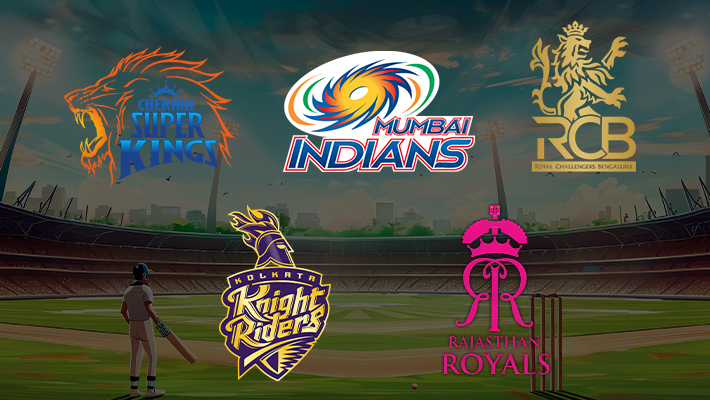
Not everyone in the strategic management role has an M.B.A. There are leaders who are managing business strategically but have no M.B.A. Sudheer Koneru, MD of SumTotal Systems India, explains how majority of the senior management working in Microsoft did not hold an M.B.A during the 90s. “If you want to make a career within hardcore R&D then the requirement of an M.B.A is minimal,” says the Indian Institute of Technology alum, who heads the India operations for SumTotal.
Vijay Anand, MD of Sun MicroSystem R&D, leading a team of 800 people, has no M.B.A or any formal management training outside Sun. Anand a full time programmer, coded regularly till 1999 until co-incidence pushed him into the manager’s role—which was vacant and he was the only person eligible. But, that role was purely based on his programming knowledge, which his senior management felt would be a merit to cling well with the team.
In fact, his prior experince helped him to understand what his engineers do, relate to them closely and also help brainstorm solutions to some of the problems they work on. “And this is really what I’m enjoying being a leader today,” says Anand, who still codes on AJAX and tries to look for leaders with a strong technology background at a tech company like Sun.
Bachelors, Masters and the Leaders
In tech companies ideas are of two kinds: Business ideas and technological ideas—both of which are fundamental for a company success. So it is the idea generators who are respected and desired in any company. Like, Revathy Ashok, Chief Financial Officer at Syntel Inc., puts it, “Ideas are not categorized as to whether they are coming from M.B.As or otherwise. Moreover the most difficultly arrived solutions may not emanate from the M.B.As. Organiza-tions don’t make the difference if the innovative solutions come from techies or from M.B.As to accept or reject the same.”

Vivek Mansingh, a hardcore technologist who has published more than 85 technical papers consciously took an Executive Business Management Program for Growing Companies from Stanford University, to understand sales and marketing. Later on when he started his own company the knowledge of finance gained from the course was of great value.
Mansingh, Country Manager and Director of Dell India R&D Center, says, “M.B.A is no guarantee that you will turn out to be a good leader and cannot clarify your career strategy. One has to build up a career using an M.B.A as a building block; an M.B.A cannot build you.” In real life, there is simply no correlation between getting an M.B.A and being a successful corporate leader. “The reason,” says Santanu Paul, GM of Virtusa, “business schools are better at teaching ‘management’ than ‘leadership’.”
In any organization you cannot expect to be treated differently because you are brand M.B.A. People will essentially relate to you because of the ideas you put forth and how you tend to influence and inspire others. It is each individual’s potential to get things executed that makes them better leaders. The getting-stuff-done factor is more important than any degree or qualification. Some who can get these things in place will be called the pioneers. To name a few such leaders or pioneers is like talking about the big daddies of India’s IT industry: N.R. Narayana Murthy, Azim Premji, Shiv Nadar and so on.
For whom the GE (getting executed) factor springs internally. Like Shiv Nadar, Founder HCL, Chairman and CEO HCL Technologies puts it: Do not treat failure as a full stop, only as a comma. And move on in life with or without degrees.

Where to begin?
- Killing your technical instincts just for some buzz surrounding managerial roles is often the biggest mistakes techies do.
- Avoiding herd-mentality and deciding whether you are fit for the technical track or management track is the call techies need to take.
- And this call, techies should understand, is based on one’s aptitude and more importantly attitude.
Simple test for techies
- Are you in love with the technology you work with?
- Are you inspired by the Bill Joys of Sun, Jerry Yangs of Yahoo, Sergey Brins and Larry Pages of Google?
- Do you love being part of the international techie community where you stand for something and love being recognized?
If a techie nods the head in affirmation, then the candidate should continue doing what he’s doing and look for advanced technical degrees, especially in a particular technical domain and be the worldwide expert in that domain.
“Examples of Andy Grove, Craig Barrett of Intel will tell you that in high-tech industry it is not an M.B.A that counts but a PhD,” says Chinnu Senthilkumar, MD of SanDisk India, who does not hold an M.B.A. PhD gives you a great focus and specialization in one particular field, but M.B.A makes one a jack of all and master of none.
If the above doesn’t hold true for you then you are inclined towards business and M.B.A is a good option.
SWOT Test
The other way to analyse what you need to be doing is a SWOT (strength, weakness, opportunities and threat) analysis. That is a good sign of knowing oneself better and being more adroit in handling themselves. But don’t forget to count your passion in.
Dr Vivek Mansingh, head of Dell R&D (India) advises to have a plan for your life like every organization has a plan with measurable timeframes. Follow the plan with perseverance and correct it when needed. Manage your own Inc. Collect the skills to make your Inc. succeed. The professional world is a complex collection of unique individuals, all struggling to advance their careers at all costs. But the successful ones should walk backwards from their vision and let not MBA be the end of the vision.
How does one know that he/she is a better manager than a techie?
"This can only happen via two basic processes. The informal intuitive one leads a person on to a path that defines itself over time. It comes from within. The other is a formal one where an organization or a mentor/tutor provides feedback that defines what you are and where you will go. Neither are perfect. Finally only time will tell," Shiv Nadar, Founder HCL, Chairman & CEO HCL Technologies.
Does MBA mean higher pay scale?
The different pay scales for engineers possessing MBAs and those not in IT companies have been a hotly debated topic. There is a general perception that most Indian companies offer higher compensation to engineers holding an MBA. At the entry point a differentiation has to be made because of the additional qualifications possessed. However once the person is on the job it depends on how they deliver.
There are techies who earn more than some managers do. Some like Vijay Prasad, a senior developer at Siemens believes that management guys get paid double to that of a techie with the same experience. However, Raghavendra Prasad, Technical Marketing Manager at Sasken strongly disagrees that money doubles with just another management degree beside one’s name.
“IT engineers with an engineering and M.B.A degree will command 20 percent of premium 8 to 9 years after their entry into the industry. This was the same in Bay Area when I used to work a couple of years back,” says Vinod Mankala, HR Manager Cisco Systems India. And some of the country heads, without an MBA, earn close to Rs10 million (Rs 1 crore) annually!







